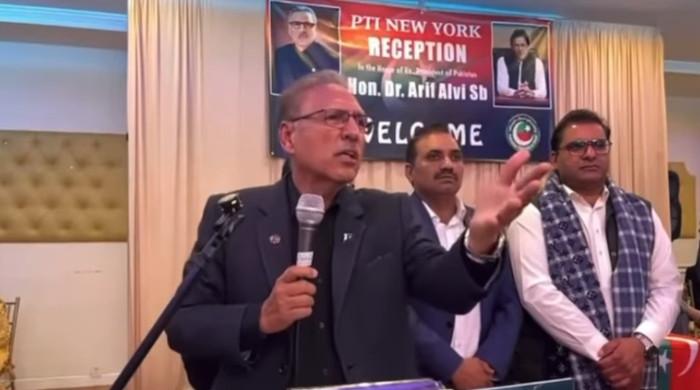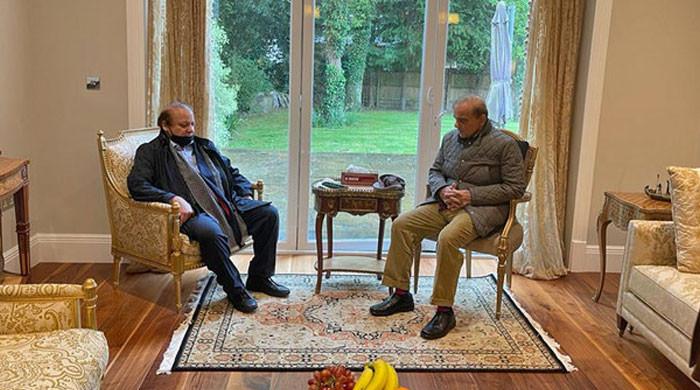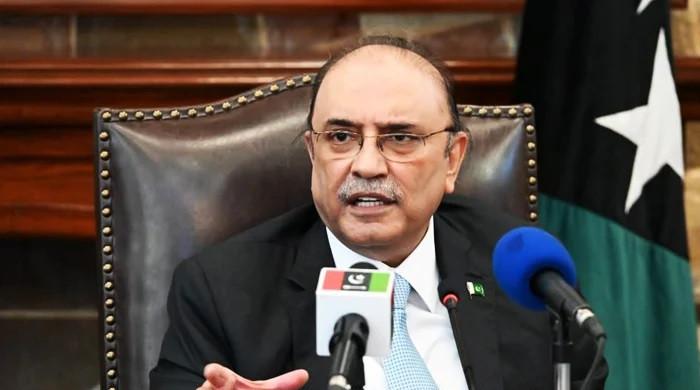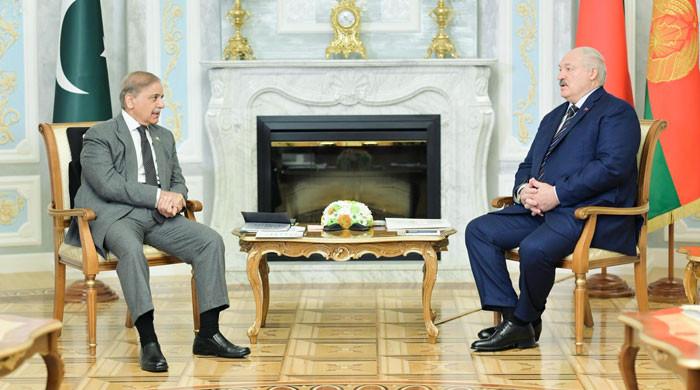Sindh Assembly gives thumbs up to a powerful 'Minority Rights Commission'
Minority Rights Commission would be given authority to launch an inquiry on complaints of human rights violations
November 17, 2016
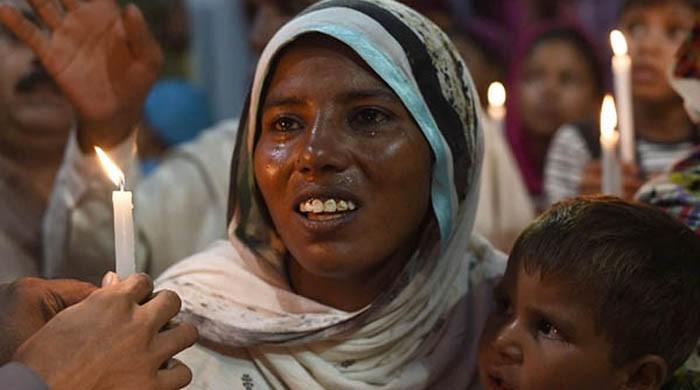
KARACHI: The Sindh Assembly unanimously passed a report of the standing committee on minority affairs, calling for the establishment of Sindh Minorities Rights Commission, on Thursday.
It is very interesting to note that the Minority Rights Commission extending to the whole of the province, comprising members of minority communities, lawyers and civil society activists, would be given authority to launch an inquiry on the complaints of human rights violations on the minorities of the province.
“The Commission shall, while inquiring into complaints under this Act, have all the powers of a Civil Court trying a suit under the code of Civil Procedure, 1908, in respect of following matters,
a) Summoning and enforcing the attendance of witness
b) Discovery and production of documents
c) Receiving evidence on affidavits
d) Requisitioning any public record or copy from any court.”
It is surprising to note that the commission has also been given the power to inquire any person, subject to any privilege.
“Every proceeding before the Commission shall be deemed to be judicial proceeding,” states the now-passed bill.
The Commission may recommend to the provincial government or authority for the initiation of proceeding for prosecution as it may deem fit against the concerned person or persons. It would also request interim relief grant for the victim of human rights violations and provide assistance to their legal representatives and would also publish its inquiry report together with its recommendation and action taken by the government on it.
Human rights courts
In view of the speedy trial on the offences arising out of human rights violations, the bill reads: “the Sindh government may in consultation with the Chief Justice of Sindh High Court, by notification in the official gazette, specify a court of sessions to be the Human Rights Court for the district to try such offences.”
Speaking to geo.tv, the mover of the bill, Nand Kumar Gawklani commented that the bill was a victory of entire Sindh province, and with this unanimous support it was a message that the province is united for its minorities.
“What we should not forget is that Pakistan is incomplete without the white section of its flag,” Gawklani said.
However, while appreciating the passage of the bill, human rights activists still cast doubts on the implementation of the bill, in words of Naghma Sheikh, a prominent civil society activist: “On paper the legislation is nothing but phenomenal, however what yet to be seen is that how far it could get its recommendations implemented.”





